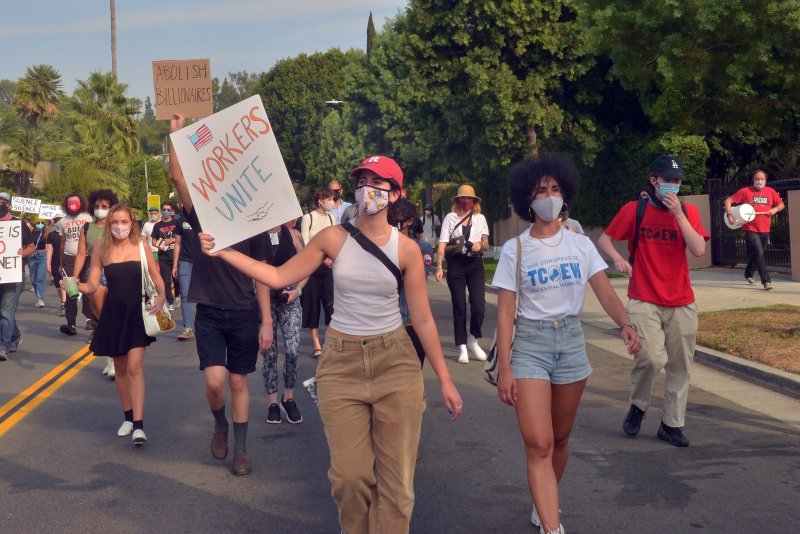Study links air pollution to nearly 6 million preterm births around the world
Data on indoor and outdoor pollution comes from all inhabited continents
Peer-Reviewed PublicationAir pollution likely contributed to almost 6 million premature births and almost 3 million underweight babies in 2019, according to a UC San Francisco and University of Washington global burden of disease study and meta-analysis that quantifies the effects of indoor and outdoor pollution around the world.
The analysis, published September 28, 2021, in PLOS Medicine, is the most in-depth look yet at how air pollution affects several key indicators of pregnancy, including gestational age at birth, reduction in birth weight, low birth weight, and preterm birth. And it is the first global burden of disease study of these indicators to include the effects of indoor air pollution, mostly from cook stoves, which accounted for two-thirds of the measured effects.
A growing body of evidence points to air pollution as a major cause of preterm birth and low birthweight. Preterm birth is the leading cause of neonatal mortality worldwide, affecting more than 15 million infants every year. Children with low birthweight or who are born premature have higher rates of major illness throughout their lives.
The World Health Organization estimates that more than 90 percent of the world’s population lives with polluted outdoor air, and half the global population is also exposed to indoor air pollution from burning coal, dung and wood inside the home.
“The air pollution-attributable burden is enormous, yet with sufficient effort, it could be largely mitigated,” said lead author Rakesh Ghosh, PhD, a prevention and public health specialist at the Institute for Global Health Sciences at UCSF.
The analysis, which was conducted with researchers at the Institute for Health Metrics and Evaluation (IHME) at the University of Washington, quantified preterm birth and low birthweight risks based on total indoor and outdoor pollution exposure, while also accounting for the likelihood that the negative effects taper off at higher levels.
The study concluded that the global incidence of preterm birth and low birthweight could be reduced by almost 78 percent if air pollution were minimized in Southeast Asia and sub-Saharan Africa, where indoor pollution is common and preterm birth rates are the highest in the world.
But it also found significant risks from ambient air pollution in more developed parts of the world. In the United States, for example, outdoor air pollution is estimated to have contributed to almost 12,000 preterm births in 2019.
Previously, the same research team quantified the effects of air pollution on early life mortality, concluding that it contributed to the deaths of 500,000 newborns in 2019.
“With this new, global and more rigorously generated evidence, air pollution should now be considered a major driver of infant morbidity and mortality, not just of chronic adult diseases,” Ghosh said. “Our study suggests that taking measures to mitigate climate change and reduce air pollution levels will have significant health co-benefit for newborns.”
###
Authors of the study include Kate Causey, Katrin Burkart, Sara Wozniak, Aaron Cohen and Michael Brauer, of the Institute for Health Metrics and Evaluation, University of Washington, Seattle.
About UCSF: The University of California, San Francisco (UCSF) is exclusively focused on the health sciences and is dedicated to promoting health worldwide through advanced biomedical research, graduate-level education in the life sciences and health professions, and excellence in patient care. It includes UCSF Health, which comprises three top-ranked hospitals, as well as affiliations throughout the Bay Area. Learn more at https://www.ucsf.edu, or see our Fact Sheet.
Follow UCSF
ucsf.edu | Facebook.com/ucsf | YouTube.com/ucsf
JOURNAL
PLoS Medicine











